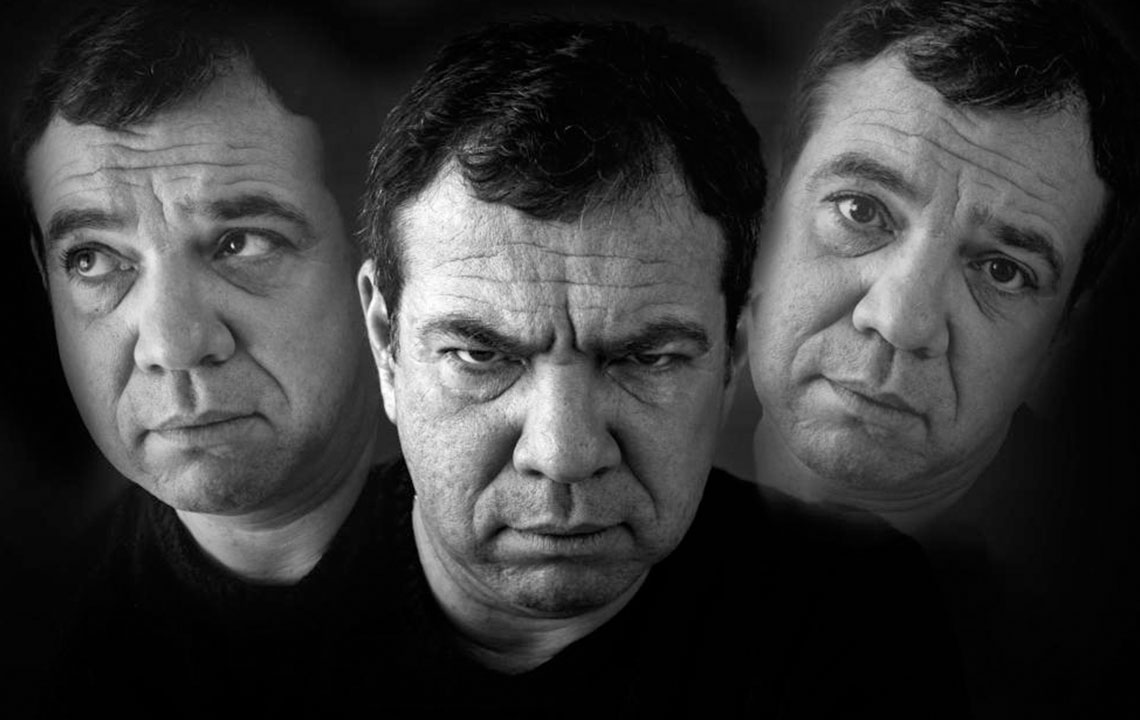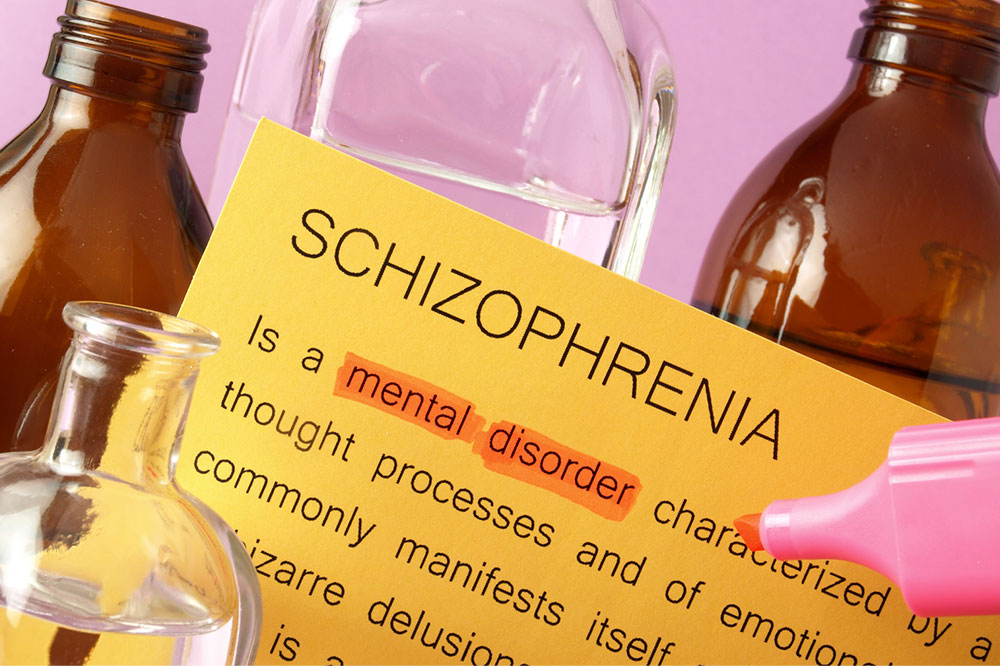Recognizing the Initial Indicators of Schizophrenia
Early signs of schizophrenia include hallucinations, social withdrawal, personality changes, and concentration issues. Recognizing these symptoms early through increased awareness can lead to prompt treatment, improving patient outcomes. Ongoing medical care, counseling, and support are essential to managing the disorder and maintaining a better quality of life.
Sponsored

Schizophrenia is a long-term mental health disorder that can deeply impact families, as it involves recurring episodes, no definitive cure, and requires ongoing management. Families often face persistent anxiety and must dedicate considerable patience and care for the affected individual. Early detection paired with consistent treatment—medication, counseling, and rehabilitation—can help patients lead active, socially engaged lives. Recognizing early warning signs is crucial for prompt intervention.
Common early signs include:
Hallucinations involving sights, sounds, or smells that aren’t present; patients may report hearing voices others cannot hear.
Lack of emotional response to significant events or news.
Noticeable changes in personal hygiene and appearance.
Persistent feeling of being watched or spied upon.
Decline in academic or job performance, often noticed by family members.
Sleep disturbances and difficulty concentrating.
Additional signs are personality shifts, unusual speech or body language, social withdrawal, and bizarre reactions to loved ones. An increased preoccupation with religious or occult themes may also be observed. Early awareness of these symptoms is vital, though recognizing them in today’s busy lifestyles can be challenging. Greater social interaction can aid detection, but accurate identification remains complex.






